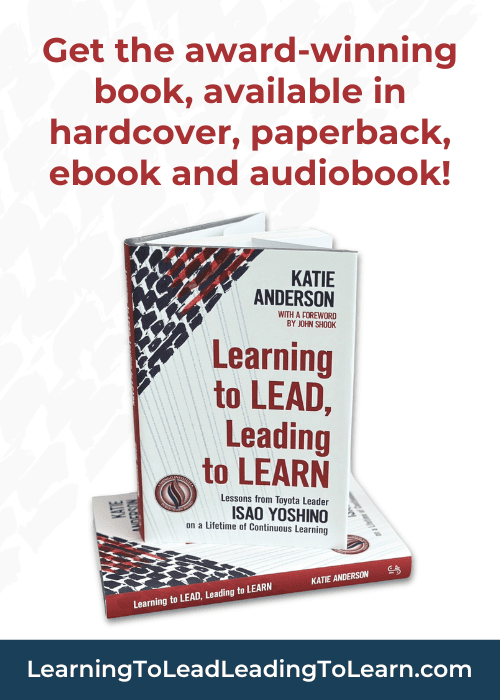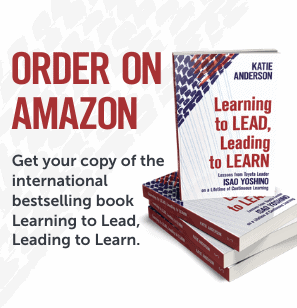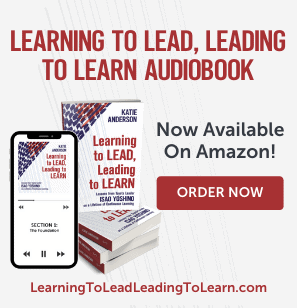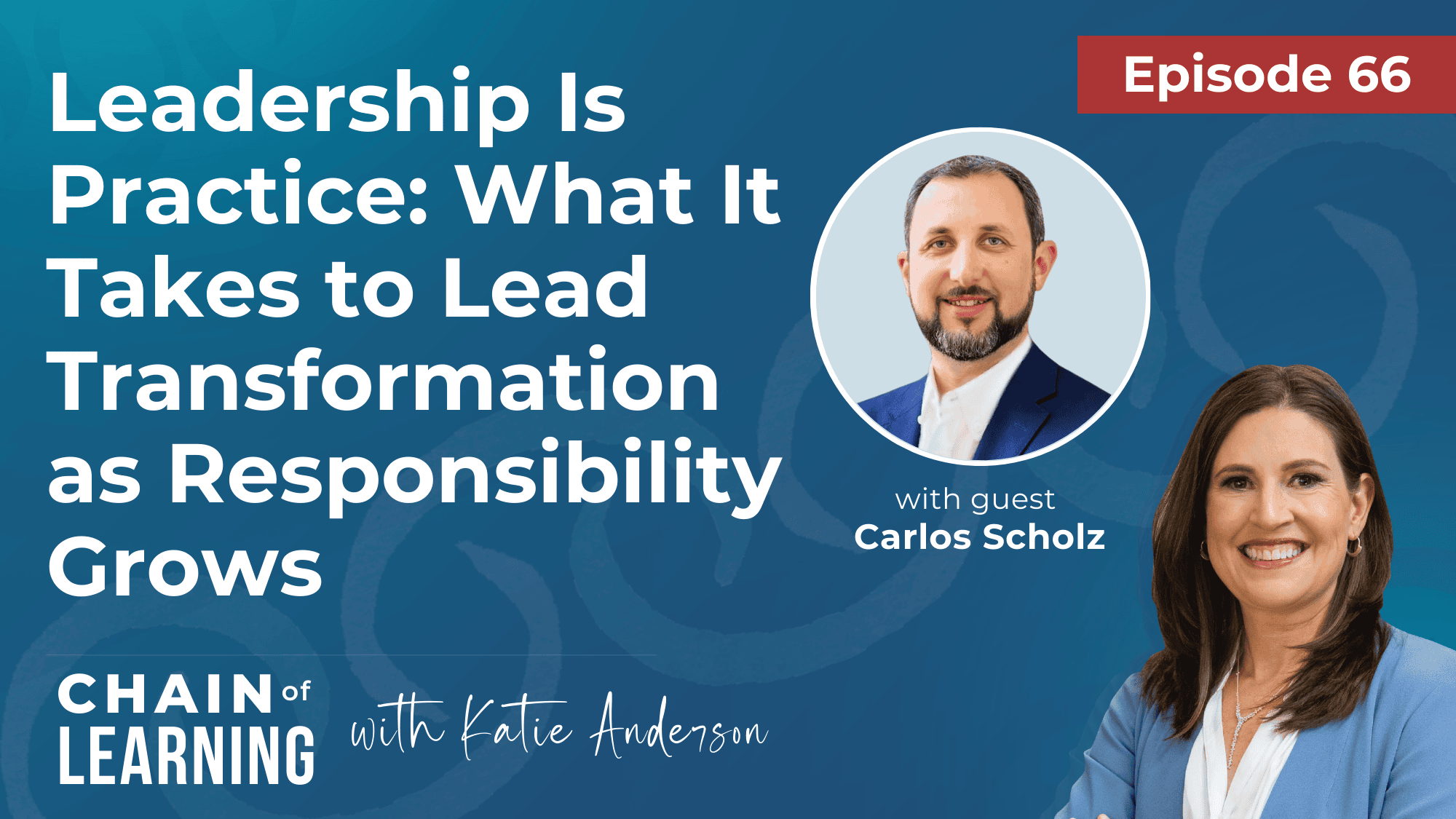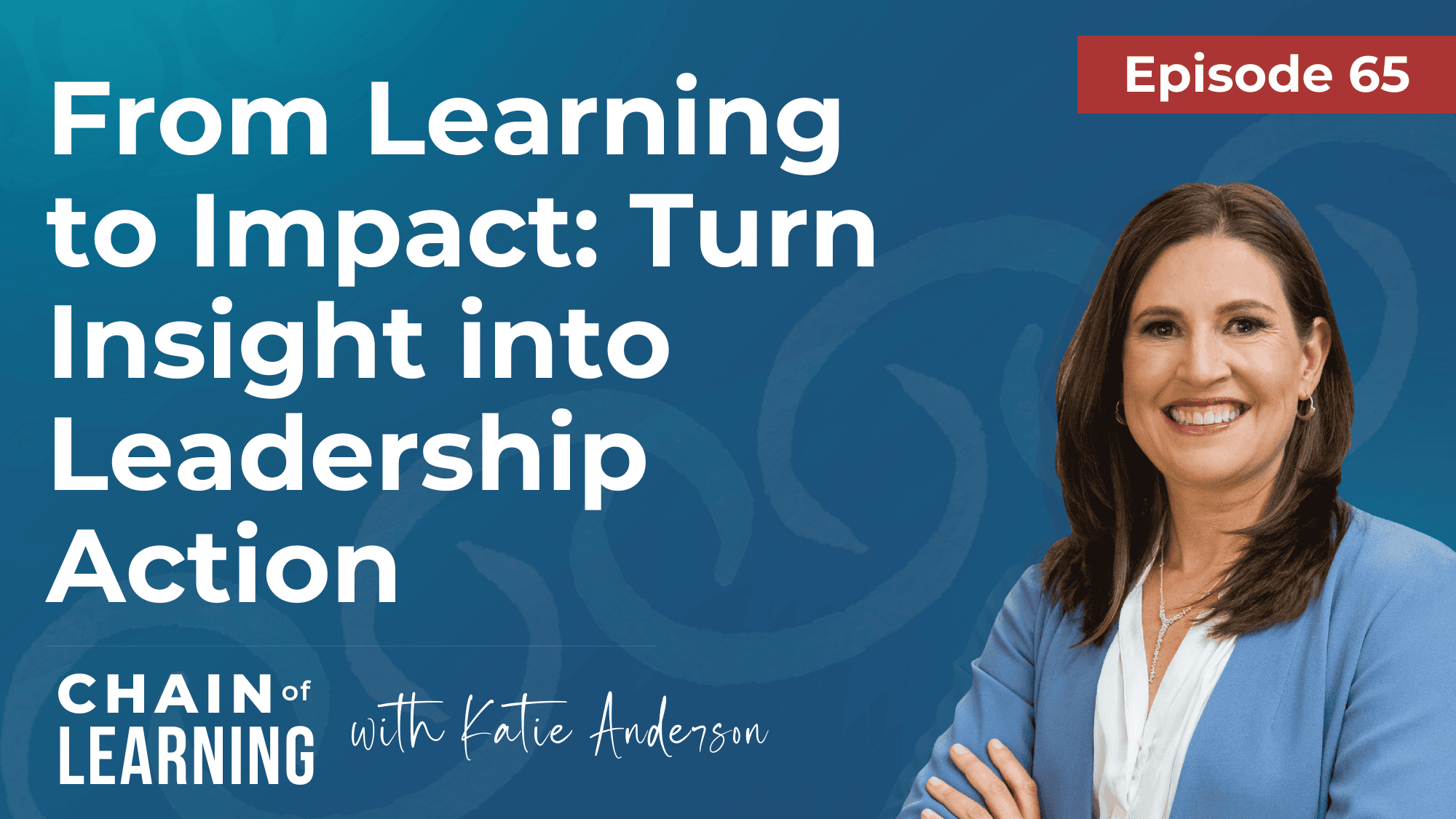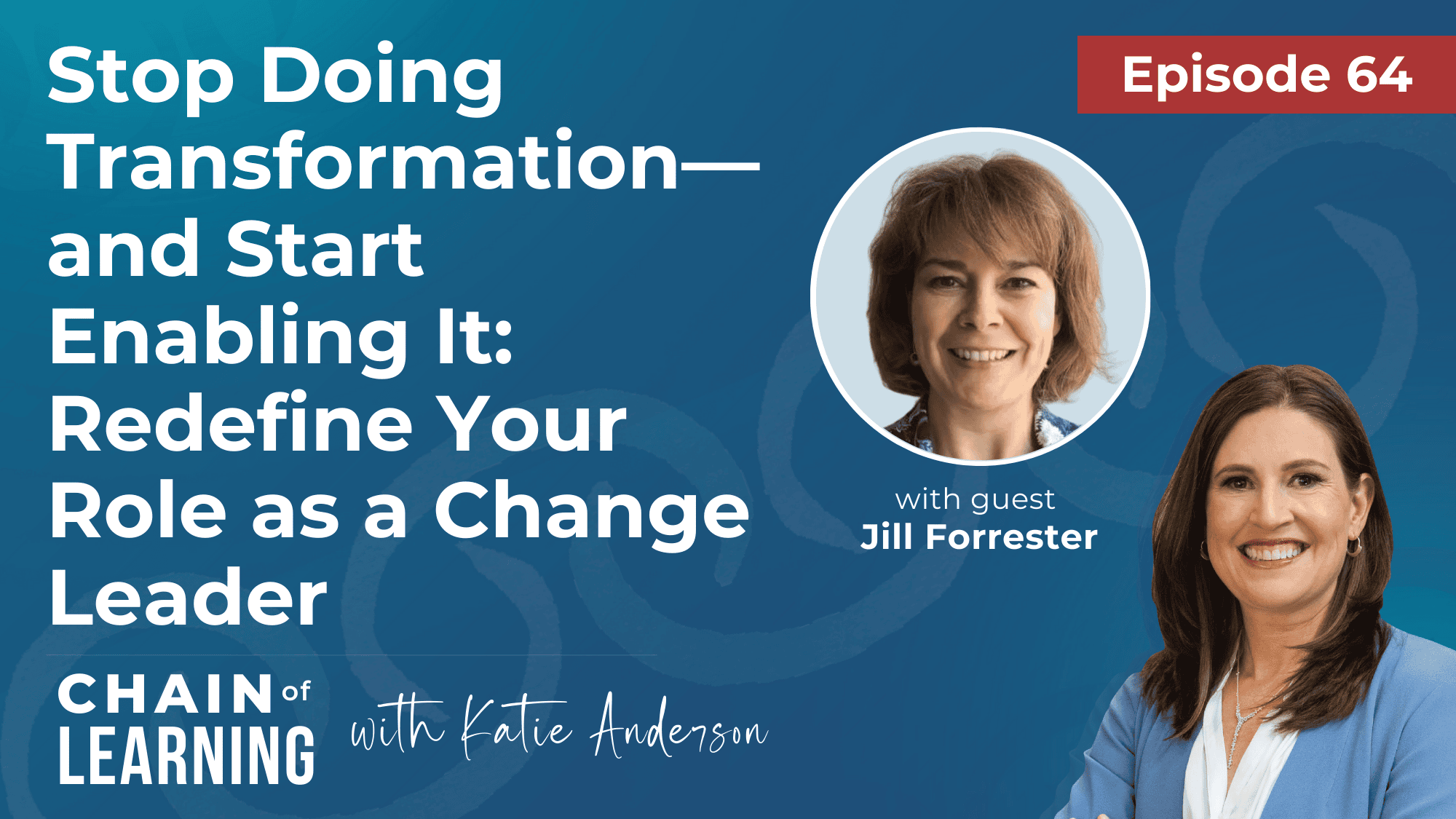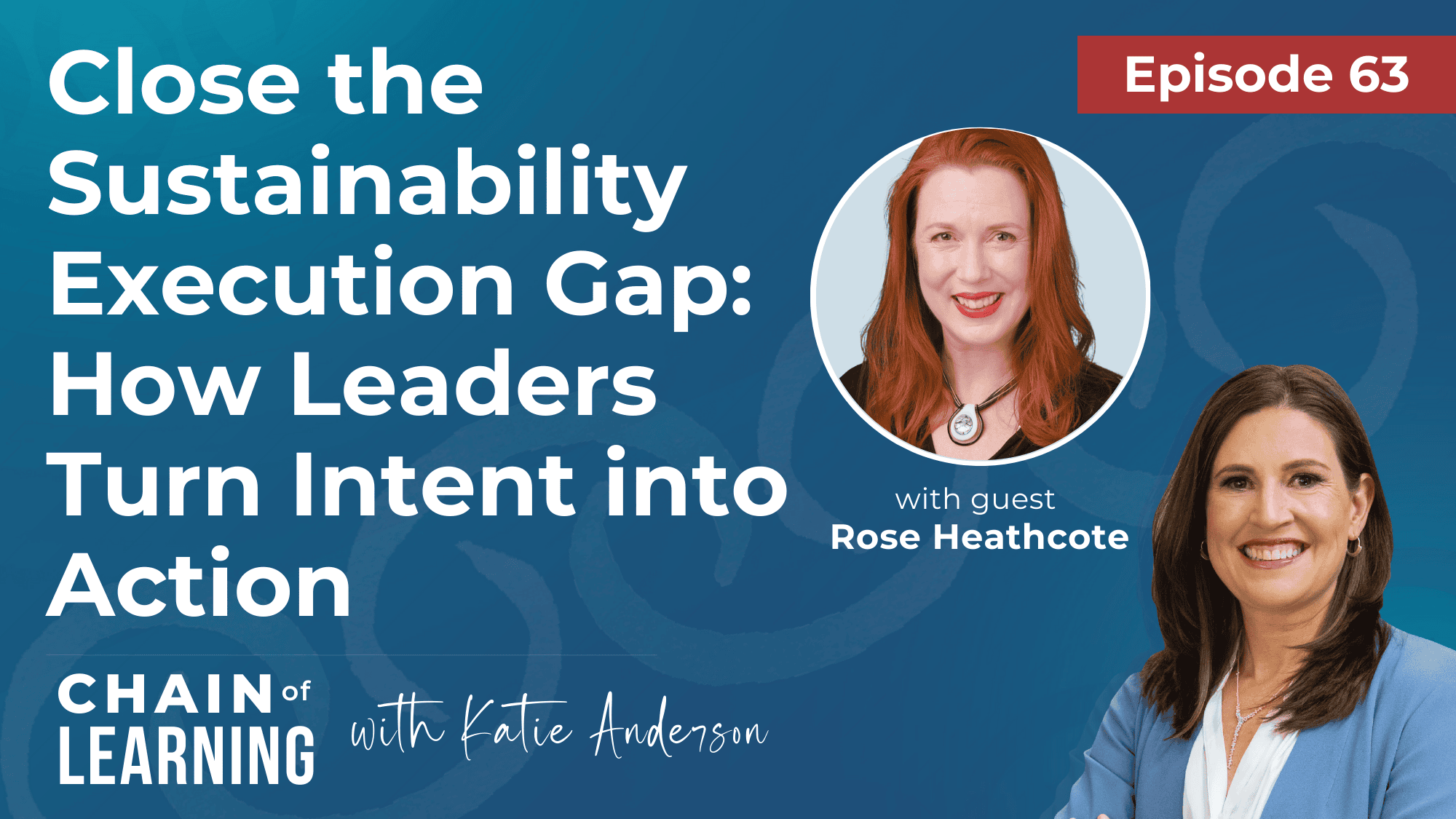What is the point of asking questions if you already know the answer?
One of the questions that I get asked all the time is:
“What if I already know the answer? Should I just keep asking questions even though I already know the answer?”
My answer: it depends on your INTENTION.
Ask yourself:
- What is the impact that you want to have on the person you’re asking the questions to?
- What is the importance of getting to that “one answer” that you have in your mind right now?
- How open are you to other answers?
- How important is it for *your* answer to be the “right” answer?
Asking questions is one of the arts of leadership — of learning how to navigate the continuums between asking and telling, advocacy and inquiry, and expert and coach.
Reflect on your purpose in that moment: are you there to help someone *learn* how to learn to get to an answer, or is it more important to get to that answer immediately (and potentially skip an opportunity to learn the process of learning)?
In the video below I explore this topic and give my answer to the question “what if I already know the answer?”

Below is a lightly edited version of the video’s transcript.
Your intention for asking questions
Hi, Katie Anderson leadership and learning coach here, and today I want to talk with you “again” about the importance of asking questions.
And, how asking questions can help unleash creativity, empower your teams, and create engagement.
What if I already know the answer?
One of the questions that I get asked all the time is, “Well, what if I already know the answer?”,”Shouldn’t I just give the answer to the people?”, or “Should I just keep asking questions even though I already know the answer?”
This is a really important point — and it’s about getting back to what is most important.
 What is your purpose in the moment?
What is your purpose in the moment?
Are we there to be the ones in the expert role?
The one with all the answers?
How important is it to have our answer?
Or, is part of the reason that we’re asking questions to help develop somebody else’s capability in solving problems, in learning their way towards an answer?
Is our purpose to focus on helping the other person learn how to learn?
Is your answer really “right”? Or are there other possibilities?
Also consider that there are some challenges us asking questions to get to the answer we have in our minds, that “if we’re sort of leading the witness or there is only one true right answer” then maybe disingenuous or not actually being coaching, if they have to get to that one answer.
However, if we are open to the possibility of other answers, or we’re there to help teach someone how to get to the answer, for example, if you are doing a math problem, there is one answer.
What is more important: the answer or the learning to get to the answer?
However, there’s the struggle in learning to learn how to get to that right answer.
We have to know for ourselves: “Are we there to help teach and develop other people? Or are we there to just get to the answer?”
Also, are we open to other answers and possibilities as well?
It gets back to intention.
So, my answer to the question about, “Well, what if I have the answer already? Should I keep asking questions?”, is that, it really depends.
It depends on the impact that we want to have on the person we’re working with, and the importance of getting to that “one answer” that we have in our minds.
 It’s about navigating the continuums of leadership
It’s about navigating the continuums of leadership
There’s so much more that we can keep talking about asking questions and navigating the continuums of leadership, including this continuum between asking and telling, of advocacy and inquiry, about balancing getting business outcomes by developing people at the same time.
It all gets back to intention and the impact that we want to have.
And where we want to be as learners and leaders as well.
Ask questions to others — and of ourselves as leaders
So keep asking those questions and pay attention for yourself, about is it more important to get to your answer?
Or is it more important to help someone learn and struggle and develop their capabilities and confidence in getting towards that answer.
Have a great day and I will continue to share more tips and insights about learning, coaching, and asking more effective questions.
More resources
If you enjoyed this post and want to learn more, please check out some other articles and videos about the topics of leading with intention and asking questions.
For more resources, check out a few other resources here about the power of asking more effective questions:
-
How to get out of the habit of telling: Pay attention to questions in disguise
- 3 Tips for “Getting Out of the Habit of Telling” – Lean Talk from the Lean Transformation Summit 2018
How can you get started with your own practice of slowing down and being more patience and reflective?
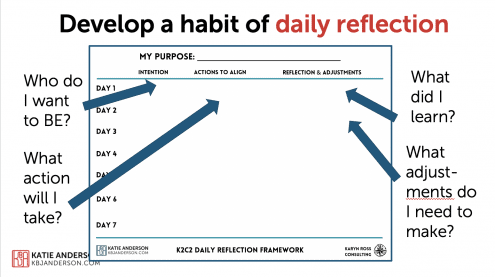 Starting with self-awareness (study) and intentional practice and reflection is most important to creating habits to slow down and learn.
Starting with self-awareness (study) and intentional practice and reflection is most important to creating habits to slow down and learn.
Asking questions with intention requires practice!
CLICK HERE to download the Daily Reflection Template.
This framework for practice is one that Karyn Ross and I introduce in our K2C2 Coaching Cohorts and one that I use in my coaching engagements and courses. It’s simple in concept and powerful in practice if you use it with intention.
Get started on your daily practice of reflection and get on your path towards more intentional leadership.
Read more here about how to use the template and join me in an upcoming course or reach out for 1-1 coaching to be supported in your practice of learning and improvement.
 More resources to support your practice of asking questions with intention
More resources to support your practice of asking questions with intention
- Read the bestselling book that I wrote in collaboration with Isao Yoshino: Learning to Lead, Leading to Learn
- Dive into the Learning to Lead, Leading to Learn Workbook to deepen your understanding and practice of the principles described in the book
- Watch some webinars about the book such as this and this
- Listen to podcasts such as My Favorite Mistake and Gemba Academy


 What is your purpose in the moment?
What is your purpose in the moment? It’s about navigating the continuums of leadership
It’s about navigating the continuums of leadership More resources to support your practice of asking questions with intention
More resources to support your practice of asking questions with intention
